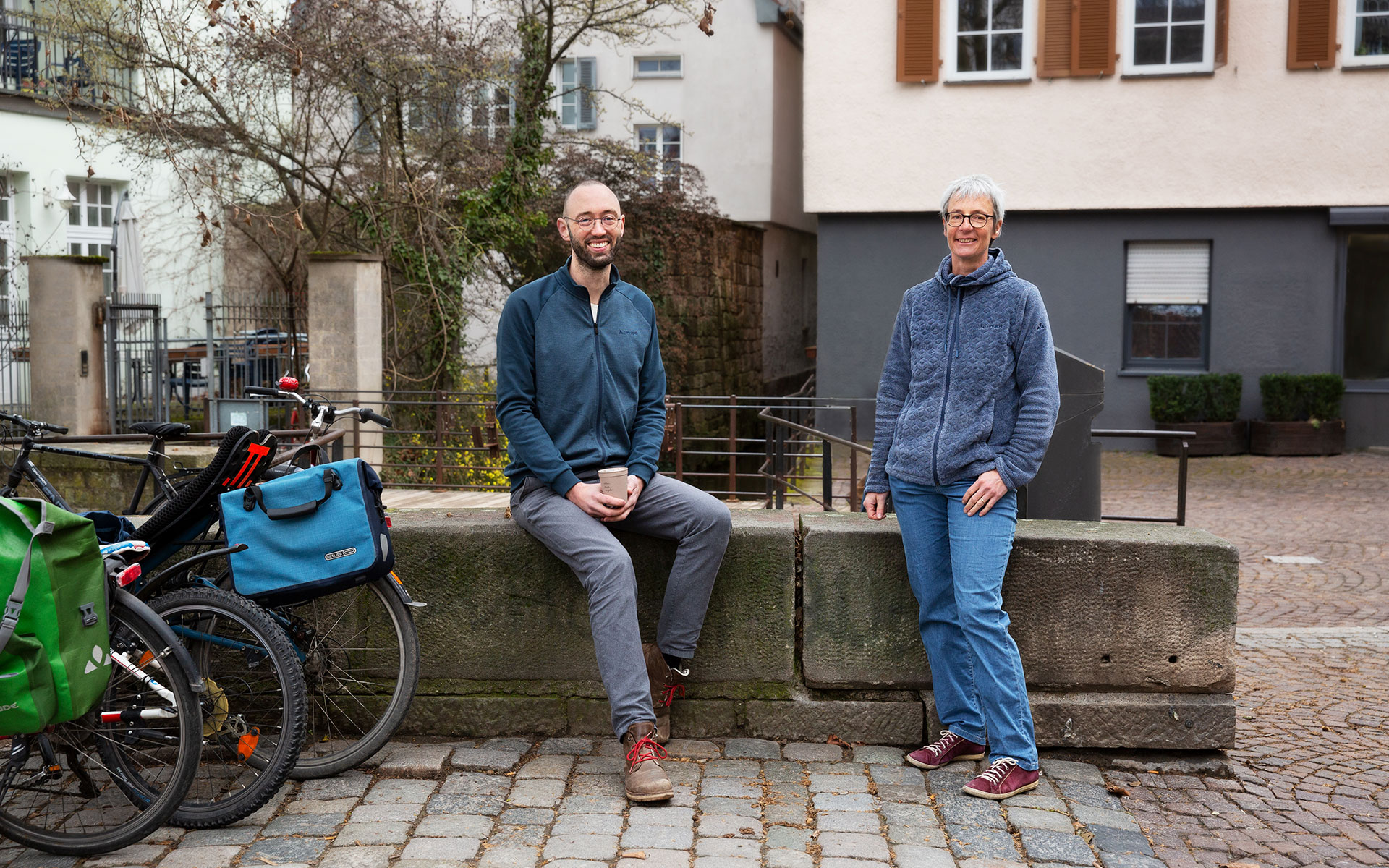About Us
Cluster of Excellence Machine Learning: New Perspectives for ScienceOur Mission
Our aim is to apply machine learning to enable and accelerate scientific discoveries. We primarily would like to develop algorithms that solve scientific problems, rather than commercial ones.
Especially, we want to drive new developments in machine learning by identifying questions on an abstract level that are shared by many scientific disciplines.
Use of machine learning will sustainably change scientific work in the long term. We would like to investigate these changes also philosophically and in relation to science ethics.
How it all began
When the concept for our cluster of excellence emerged in 2017, many groups in life science and neuroscience at the University of Tübingen had already been successfully doing science at the interface to machine learning. There was also a great deal of expertise in Tübingen beyond the university campus, for example at the Max Planck Institute for Intelligent Systems and the Cyber Valley, which was then coming into being. Wasn’t it obvious to extend the greatly promising approach of bringing machine learning and the sciences together into further research disciplines?
A group of researchers led by Philipp Berens and Ulrike von Luxburg made precisely that their objective – founding a Cluster of Excellence on the topic “Machine Learning for Science.” Such clusters are research entities funded by the German Research Foundation (DFG) in order to support outstanding and internationally competitive research. Luxburg and Berens recruited many other scientists for their cause, including ones from the cognitive sciences, physics, and the social sciences. The new project was then launched in 2019. The Cluster of Excellence “Machine Learning – New Perspectives for Science” received financial support for an initial seven years.

Philipp Berens and Ulrike von Luxburg, speakers of the Cluster © SOPHIA CARRARA/UNIVERSITY OF TÜBINGEN
Why we started this blog
We would like to share our research with as many scientists and interested members of the public as possible. That’s because we’re convinced that each person should have the chance to become familiar with, understand, and critically question the fundamental technologies and applications of machine learning.
The advancing application of machine learning is going to result in profound changes in science and ultimately, society. There is a great need for debate in this regard – on the part of the public, but also within the scientific and academic communities. Our blog aims to offer a space for these vital discussions.
But we don’t just want to initiate discussions ourselves. We would also like our readers to push us to consider and discuss things. This blog should be a place for sharing.
- Founded at the University of Tübingen in 2019
- Partner institutions are the Max Planck Institute for Intelligent Systems and the Leibniz Institut für Wissensmedien (IWM), both of Tübingen
- Supported by the German Research Foundation (DFG), the largest and most important source of public third-party funding in Germany
- The Cluster of Excellence is part of the Cyber Valley ecosystem in Tübingen/ Stuttgart
- More than 70 members and their groups are researching topics related to machine learning (ML) or the interfaces between ML and other sciences (educational sciences, biology, information technology, cognitive sciences, linguistics, medicine, neuroscience, philosophy, physics, environmental and geosciences, economics). For example, ML experts are working together with polar researchers to improve modelling of ice movements in the Antarctic; and with medical researchers, who are trying to optimize the analysis of medical images or trying to increase the robustness and security of ML models as well
Pictures in slideshow on top of page:
1. Medical images © ELIA SCHMID
2. Polar researchers on a field trip in Antarctica © REINHARD DREWS
3. Massimiliano Mancini and Yanbei Chen, postdoctoral researchers in the group “Explainable Machine Learning” of Zeynep Akata, discussing their work © SOPHIA CARRARA/UNIVERSITY OF TÜBINGEN







